Found 30 movies, 28 TV shows, and 1 person
Can't find what you're looking for?
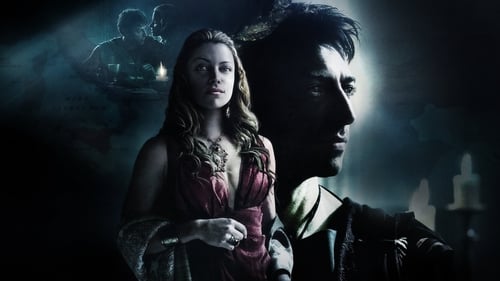
This stylish mix of documentary and historical epic chronicles the reign of Commodus, the emperor whose rule marked the beginning of Rome's fall.
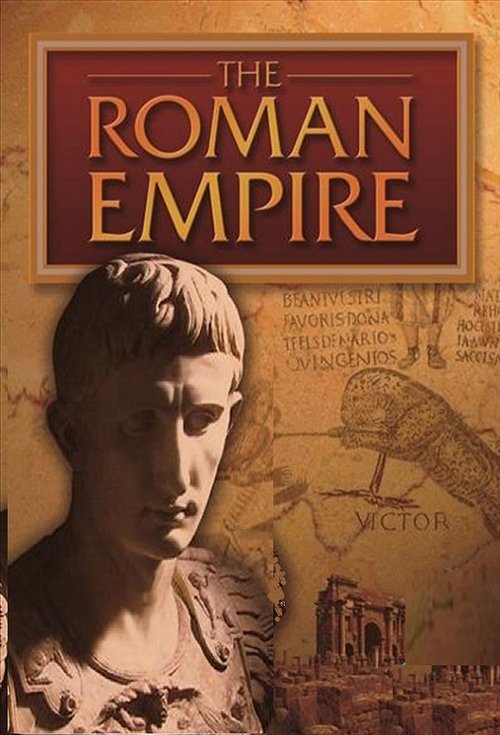
At its height, the Roman Empire encompassed Europe, the Middle East and North Africa. How did it keep prospering for over 400 years? And why did it come to a rapid end? What can we learn from the Roman Empire and what guiding principles does it offer us today?

Leo is the ex-boyfriend of businessman Roman Pretty's middle daughter Nikki, who still works and lives with the family. Nikki's new boyfriend, Seb, has a shady past, which Leo tries to reveal to the Pretty family. His best mate Jase is married to the eldest sister, Jenny, and is constantly attempting to get away from her and their new-born daughter. Meanwhile, Japanese chef Mr. Hokkasawa loses his job at a restaurant after a complaint from Roman, and takes the job of the Pretty family's gardener in a plot to kill him as revenge. However, he falls for Roman's youngest daughter, Kelly.
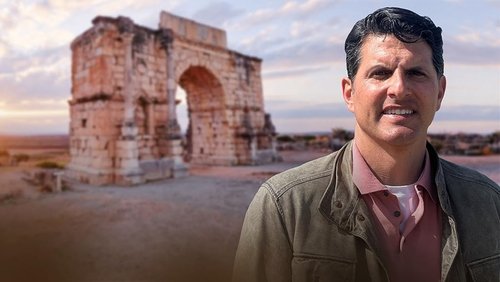
Traveling the Roman Empire is a matchless grand tour covering an astonishing range of landscapes, cultures, and history. Even if you have explored many of these places before, Darius will give you fresh insights and a new appreciation for the remarkable achievements of a single-minded city on the Tiber that had the vision, discipline, and institutions to conquer the known world and make it prosper.

Two thousand years ago, at the dawn of the first century, the world was ruled by Rome. The Roman Empire struggled with problems which are surprisingly familiar: violent coups, assassination, overarching ambition, civil war, clashes between the classes as well as the sexes and questions of personal freedom versus government control. But from the chaos, the Roman Empire would emerge stronger and more dazzling than ever before. Soon, it would stretch from Britain across Europe to the shores of North Africa; and from Spain across Greece and the Middle East to the borders of Asia. It would embrace hundreds of languages and religions and till its many cultures into a rich soil from which Western civilization would grow. Rome would become the world’s first and most enduring superpower.
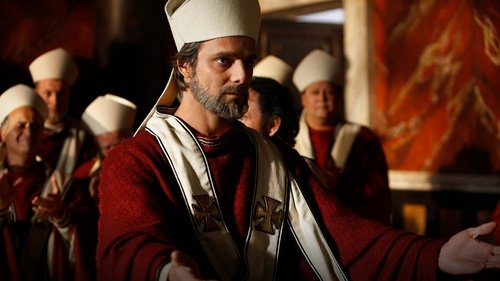
The true story of Augustine of Hippo, one of the Catholic Church’s most beloved and well-known Saints.

Roman's Empire was an American sitcom, set to air on ABC. Produced by Ashton Kucher and set to star Nick Thune as Leo, the series is based on the BBC comedy series of the same name.

The Roman Invasion of Britain is a British documentary television series. It was first aired in 2008 on the History channel. The three-part series explores the history of Roman Britain by tracing the interaction of Roman conquerors with the native population of Britannia.
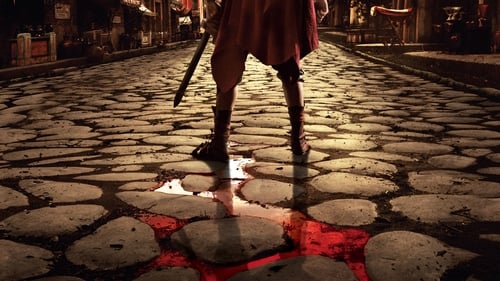
A down-to-earth account of the lives of both illustrious and ordinary Romans set in the last days of the Roman Republic.
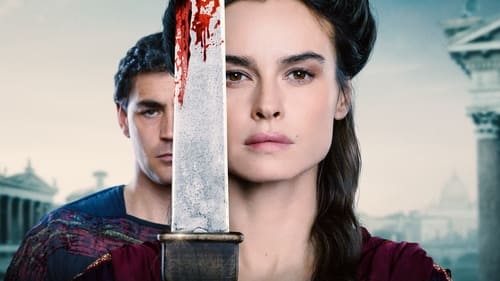
The extraordinary rise of Livia Drusilla, who overcame adversity to become the most powerful woman in the world. Follow Livia’s journey from a naïve young girl whose world crumbles in the wake of Julius Caesar’s assassination, to Rome’s most powerful and influential Empress.
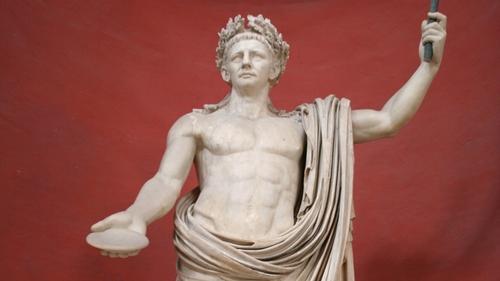
Acclaimed blackly comic historical drama series. Set amidst a web of power, corruption and lies, it chronicles the reigns of the Roman emperors - Augustus, Tiberius, Caligula and finally Claudius.
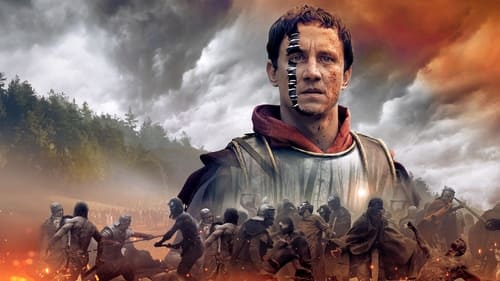
Three people's fates are interwoven in the Battle of the Teutoburg Forest in 9 A.D., during which Germanic warriors halt the spread of the Roman Empire.
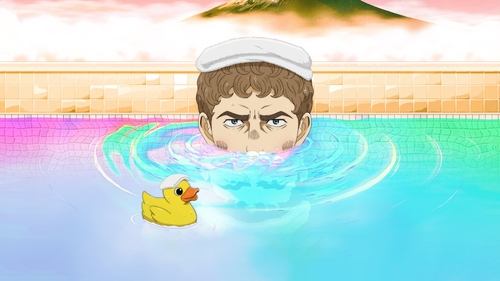
A proud bath architect in ancient Rome starts randomly surfacing in present-day Japan, where he's inspired by the many bathing innovations he finds.
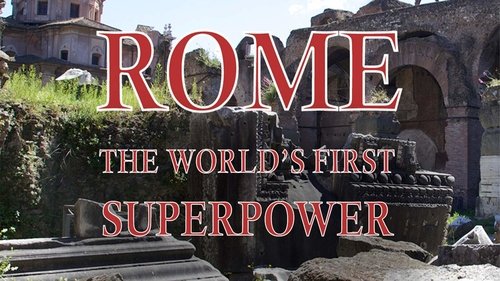
The history of Rome is a 1,000-year-long epic, filled with murder, ambition, betrayal and greed and encompassing such legendary characters as Rome’s Iron Age founders Romulus and Remus and its greatest general Julius Caesar. Larry is accompanied by some of Europe and America’s foremost classical experts who reveal the atmosphere of intrigue, conflict and violence at the places where the saga unfolded.
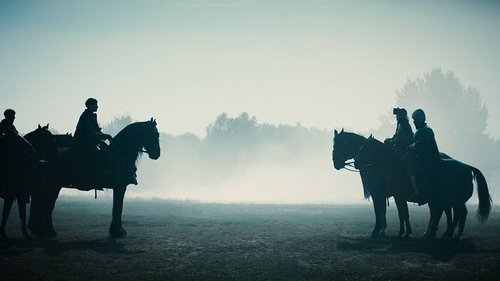
Known as The Last Knight for his bravery and battle skills, the great European emperor Maximilian and his story is as spectacular as it is familiar: It is the story of a prince who must learn to be king. But above all, it is the struggle of a son who steps out of his father's shadow with the help of a most unexpected ally: Marie de Bourgogne.
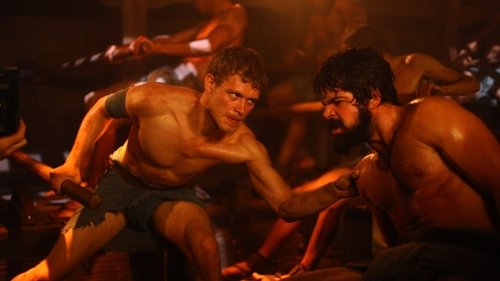
The struggle between the Roman Empire and its rebellious conquest Judaea, and two best friends caught in a terrible moment in history.
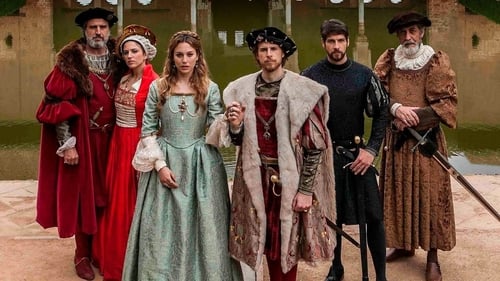
As the life of Charles of Habsburg is told since his arrival to Spain, it can be seen how the heir to the crowns of Germany, Burgundy, the Netherlands, the Free County, Artois, Nevers and Rethel, of the territories of the Crown of Aragon and its related Italian territories, and of the territories of the Catholic Monarchs in Castile, North Africa and the Americas, matures as a statesman and gets stronger in face of menaces around him and good and bad advice from his counselors.
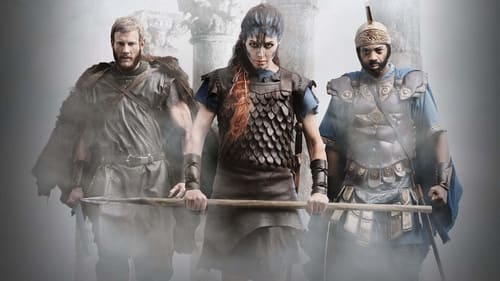
Told from the perspective of the rebel leaders, the series chronicles a wave of rebellions against absolute power by those the Roman Empire called “barbarians” – tribes they viewed as beyond the fringe of civilization that lived a brutish and violent existence. But these also were men and women who launched epic struggles that shaped the world to come with a centuries-long fight to defeat the sprawling empire.
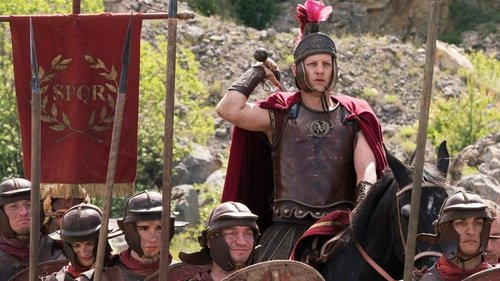
Bettany Hughes relives eight pivotal days that defined the Roman Empire and made it the world's first superpower.

Cestvs enters his first match at the slave gladiator training school. Though he's bewildered to discover that his opponent is his best friend, he wins the match, and his opponent is killed on the spot. According to his instructor Zafar, losers have no future. "Every time you win, your opponent will die. You're practically a murderer!" With all his sorrow and rage clenched in his fists, Cestvs survives, as one after another powerful opponents stand in his way, as well as the shadow of Nero, fifth emperor of the Roman Empire. With no other way to secure his freedom, can Cestvs seize his future?!
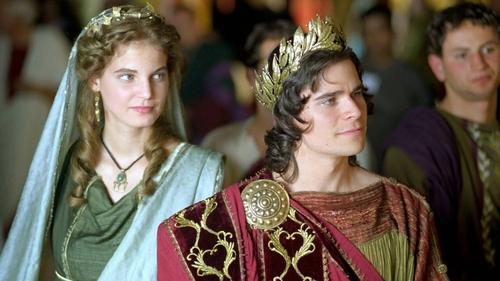
As a young boy, future emperor Nero witnesses the mad Emperor Caligula kill his father and exile his mother. While in exile in the pontine islands, Agrippina, his mother, sees a vision telling her that her son can become emperor, but she will have to die first. She accepts the proposal. Back in Rome, Nero, now being raised by emperor Claudius after Caligula's death, Agrippina returns. She poisons Claudius' food and Nero becomes emperor. At first, Nero cuts taxes and introduces successful programs and invades Brittania. Soon he meets a beautiful slave named Claudia Acte, and marries her, throwing off his engagement with Claudius' daughter, Claudia Octavia, telling her she can marry someone she will be happy with. Heartbroken, she arrives at an island and kills herself. Nero enjoys being married to Claudia Acte, but soon he gradually goes mad with power and sets fire to Rome.
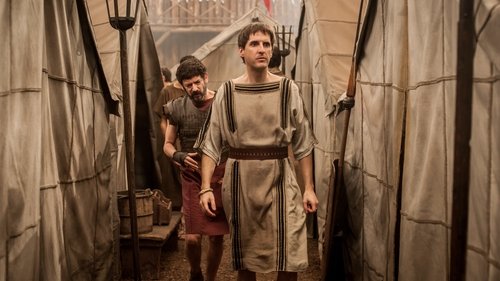
No description available for this show.

Old and ill, Augustus, the man who changed the fortunes and destiny of an empire by completing Julius Caesar's project, recounts the two most important phases of his life: his rise to power and his fight against the pressure of his family.
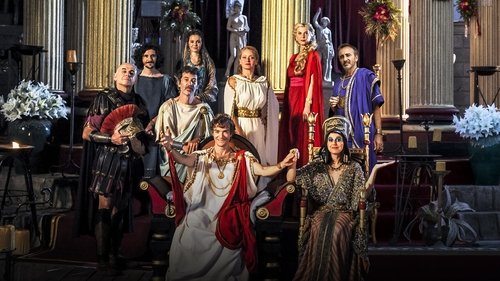
Against the background of decline of the Roman Empire, "Peplum" takes us into the lives of Bravus, a former slave who became adviser to the tyrannical Emperor Maximus. Under pressure, stuck between a professional life stressful and chaotic family life, his days are not looking easy. Indeed, work side Bravus must wet the gown to slow a decline that has a tendency to accelerate under the leadership of the incompetent messy, cruel, capricious and narcissistic Maximus. Personal side, he must face every night his son Caius freshly converted to Christianity, his wife Octavia, foreign to the codes of good Roman society and daughter Lydia sassy which assimilates too well. "Peplum" or how to avoid the burn out in a declining society. The parallel with today can not be a coincidence.
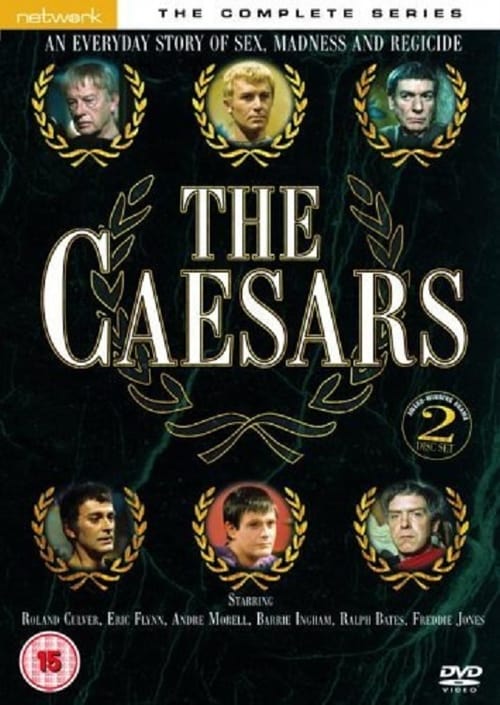
The Caesars is a British television series produced by Granada Television for the ITV network in 1968. Made in black-and-white and written and produced by Philip Mackie, it covered similar dramatic territory to the later BBC adaptation of I, Claudius, dealing with the lives of the early emperors of Ancient Rome, but differed in its less sensationalist depictions of historical characters and their motives.
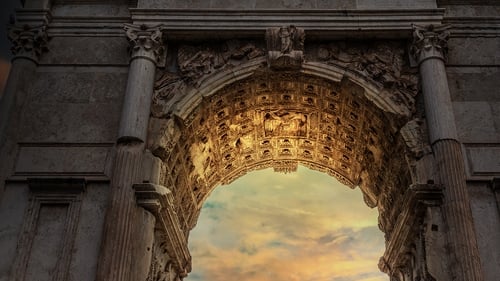
This new series follows International teams of archaeologists on the front line, as they embark on a season of excavations to unravel the secrets of life in the Roman Empire. Crawling beneath Pompeii, unearthing an enormous lost coliseum, and hauling a 2000 year old battleship ram from the depths of the ocean, they race to unlock the secrets of this ancient civilization.
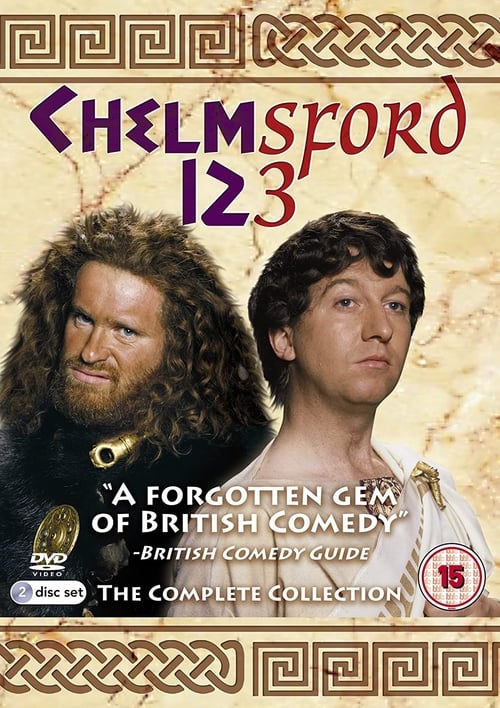
Chelmsford, Britain in the year AD 123; there is a power struggle between Roman governor Aulus Paulinus and the British chieftain, Badvoc. Britain is a miserable place, cold and wet – just the place to exile Aulus for accidentally insulting the Emperor's horse, but also give him something useful to do. Aulus, probably a play on Aulus Platorius Nepos, the governor of Roman Britain between 122 and 125, was a rather delicate Roman, who was usually outwitted by the scheming Badvoc, who hadn't had a haircut for twenty-five years.
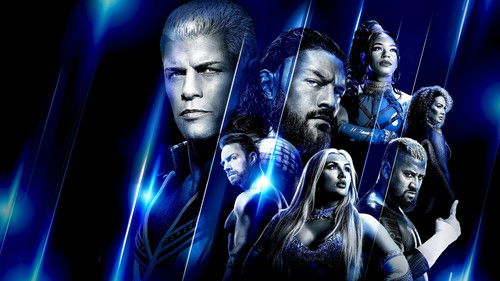
The superstars of World Wrestling Entertainment's "SmackDown" brand collide each and every Friday on WWE Friday Night SmackDown.